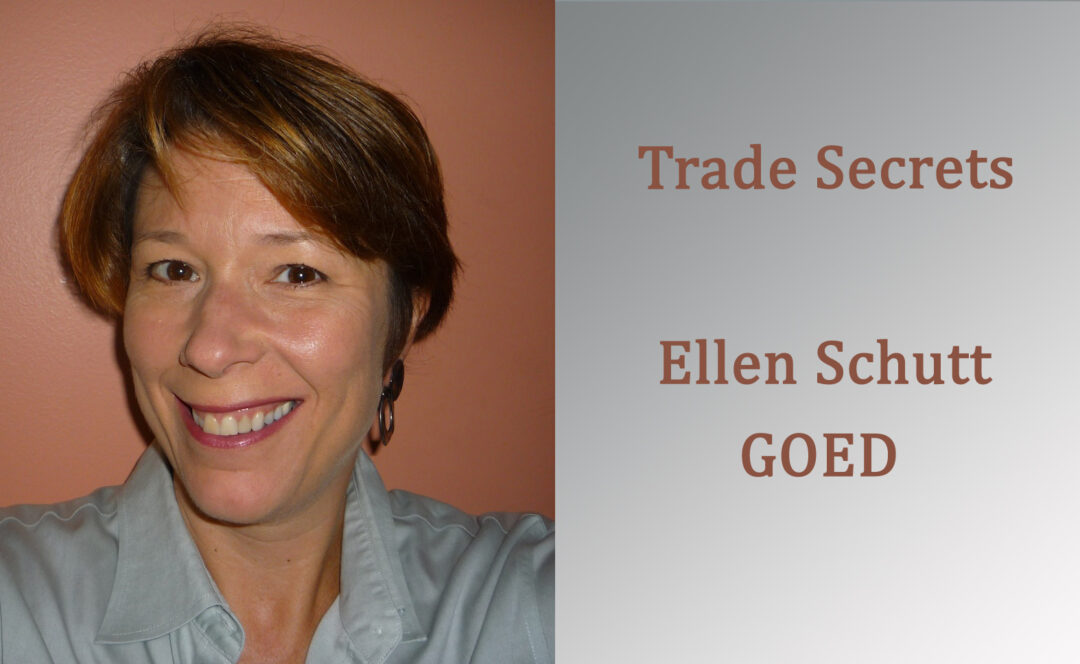 This is what led GOED and a host of interested industry participants to form the omega-3 coalition last year and fund a multi-million dollar consumer education program. While the campaign achieved its goals—improving year-over-year unit sales growth by more than 5%—the reality is we were underfunded and we failed to move the industry fully into positive growth. It’s very difficult to move the needle at the consumer level with only a few million dollars so we are happy with our effort, but we sure would have liked to see the industry move back into the black.
This is what led GOED and a host of interested industry participants to form the omega-3 coalition last year and fund a multi-million dollar consumer education program. While the campaign achieved its goals—improving year-over-year unit sales growth by more than 5%—the reality is we were underfunded and we failed to move the industry fully into positive growth. It’s very difficult to move the needle at the consumer level with only a few million dollars so we are happy with our effort, but we sure would have liked to see the industry move back into the black.But back to the media landscape. To be honest, it’s really depressing at the moment. For an industry like omega-3s, with more than 29,000 published papers and 3,300 human clinical trials, to constantly see headlines like “No Benefit for Omega-3 Supplements…” and “Fish Oil Claims Not Supported by Research” is frustrating to say the least. These headlines are based on a very selective view of the research and ignore the fact that more than 80% of these human RCT studies have found benefits in their primary outcomes.
I know I’m preaching to the choir here; the supplement industry understands full well the challenges we face and the sensationalized headlines we battle on a daily basis. As trade associations, we need to figure out how to get ahead of these stories and how to be perceived as a credible source of information. GOED does a good job, in my biased opinion, by providing independent information from scientists in the field, or from third-party testing labs when labeling claims or contamination issues are the topic du jour. We’ve also hosted a workshop for omega-3 scientists to help educate them about best practices for a good clinical trial, but the negative headlines keep coming.
We have made some headway with the above initiatives and in a few instances, have been able to find out in advance about an upcoming article or television program. At least this way we can insert the other “side of the story” as a proactive rather than reactive comment. But it’s a brick-by-brick process that often feels like one step forward, two steps back.
The latest salvo is an upcoming documentary on the Canadian Broadcasting Corporation’sThe Fifth Estate program (slated for November 13) and PBS’sFrontline in the U.S.(which will supposedly air in January). We expect the story to be the same—supplements don’t work, the science is not supportive, you’re wasting your money. In this case we’ve offered to connect reporters with lipid scientists that could provide an independent interpretation of the science, but they declined presumably because it does not fit the narrative they want to tell. So this leaves us once again trying to provide our members with science-based documents that distill complex issues into simple points to help them address the inevitable follow-on questions they will receive from their customers and consumers.
Social science research indicates that for every negative story you need five or six positive stories to make an impression on a consumer, but we’ve also seen research that shows that consumers want to believe in supplements and their worth. So we keep fighting the good fight and not giving up because, really, we believe that EPA and DHA omega-3s arethatimportant to public health. While it takes effort and resources to succeed, we can make a difference in many lives if we can convince consumers of the benefits of omega-3s.
 Ellen Schutt is the Communications Director at Global Organization of EPA and DHA Omega-3 (GOED). Ellen Schutt, who joined GOED in 2011,
Ellen Schutt is the Communications Director at Global Organization of EPA and DHA Omega-3 (GOED). Ellen Schutt, who joined GOED in 2011, has 15 years experience in the natural products industry. Schutt handles all of GOED’s member communications including newsletters, website management and social media. She is also coordinating GOED’s public relations and communications strategy for industry and consumer outreach. Schutt created Nutraceuticals World, a leading industry magazine, and is an expert on the natural products supply chain, manufacturing, channels, markets, ingredients and issues. She then ran Schutt Solutions, a consulting business, and was a partner in LaunchNatural, which helped launch high growth natural product companies in the United States.
has 15 years experience in the natural products industry. Schutt handles all of GOED’s member communications including newsletters, website management and social media. She is also coordinating GOED’s public relations and communications strategy for industry and consumer outreach. Schutt created Nutraceuticals World, a leading industry magazine, and is an expert on the natural products supply chain, manufacturing, channels, markets, ingredients and issues. She then ran Schutt Solutions, a consulting business, and was a partner in LaunchNatural, which helped launch high growth natural product companies in the United States.Published in WholeFoods Magazine Online, 11/4/15









